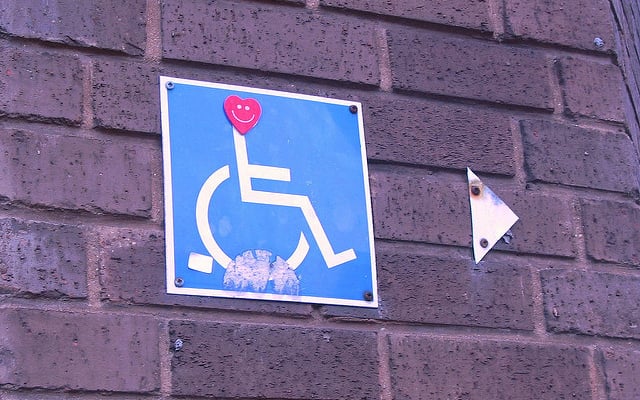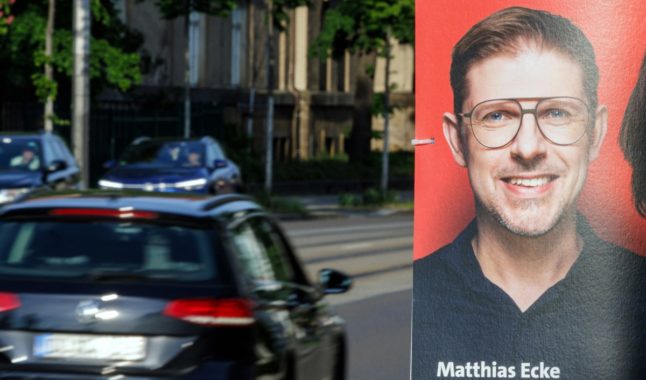“Funding for sexual assistance is conceivable for me,” Elisabeth Scharfenberg, who is the spokesperson for the Green party's age and care policy, told the Welt am Sonntag newspaper.
“The local authorities could advise on the available options and provide grants.”
While controversial, the idea is not completely new. In the Netherlands, sexual assistance for disabled people – provided by sex workers with a special certification – has been available for some years.
Individuals can receive state grants to pay for the service if they can provide a medical note stating that they are unable to get sexual satisfaction in any other way, and to prove that they cannot afford to pay the costs themselves.
In Germany, a growing number of prostitutes are offering their services as sexual assistants in nursing homes, where the 'assistance' might consist of a massage, sexual touching or full intercourse.
However, because there is no official regulation over the job title, these sex workers may not be trained in dealing with people with special needs, such as dementia, physical or mental disabilities.
Scharfenberg's proposal was greeted with backlash from other politicians.
Karl Lauterbach, a Social Democrat (SPD) politician and professor of health economics, told several news publications that the idea behind the proposal was “outlandish”. The MP warned against “commercialization of this area” and added that there was no medical necessity for sexual assistance of this kind.
Instead, he said care home residents need more intimacy in their care, and noted that people living with disabilities have a “right to sexuality”.
And Scharfenberg's Green party colleague Boris Palmer, mayor of Tübingen, said in a Facebook post that the suggestion made the party seem like “crackpots”.
“Why do such adventures always come up in election years?” asked the politician, likening the proposal to suggestions of meat-free days and unisex toilets.
He said that he was looking forward to Monday's local council meeting, and was “quite sure” that no one in his city felt there was an urgent need for sexual assistance in nursing homes.



 Please whitelist us to continue reading.
Please whitelist us to continue reading.
Member comments